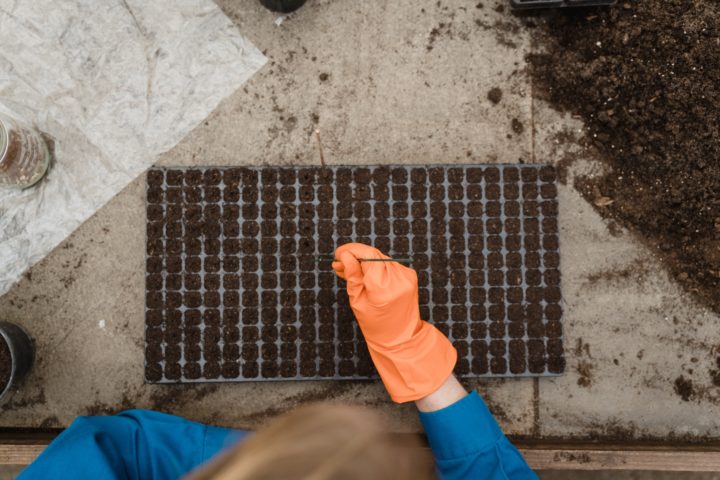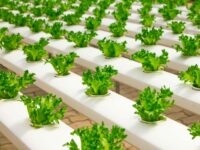When it comes to gardening, even the old heads make mistakes. As a beginner, you shouldn’t be afraid to explore just because you may make some mistakes. You should, however, learn a few basics about farming before.
To ensure you don’t make a colossal mess of things when gardening, below are the few basics to follow. You’ll learn how to treat your soil and the plant, through to the harvesting stage.
Prepare Soil
The first thing you want to do before you start planting is to prepare the soil. Soil is a crucial component of growing. Your garden project may be over before it begins if not done correctly. Of the sensitive aspects of soil, preparation is soil testing. You can visit planteli.com/how-to-test-soil-ph/ to find out more on how to test soil PH.
Choose the Right Plant
Choosing the right plant is as crucial as getting the soil ready for planting. Some plants will thrive in the type of soil you have, while others will fail.
Figure out which ones will thrive and look to plant those. If you can’t figure which plants to plant, copy what your neighbors are doing in their gardens.
Give your plants Space
Take into account the space you have available before buying the seedlings. You don’t want to have your plants cramped up in a small area. When plants are too close to each other while young, they’ll die.
If not, you’ll need to constantly have to tender to them as they’ll need fertilizer and water constantly to survive. When they are crowded, they are also susceptible to disease. You’ll need to be extra careful with these young plants.
Be Gentle with Young Plants
With young plants, you’ll have to be gentle on how to handle them. As you have already seen, they may need a lot of tendering too. When you move them, as you’ll likely be moving them from pots, you need to be tender.
You can’t pull them off from the stems; you’ll break them. You need to try and pull them off from the roots; if you can lift the soil around the roots, the better.
Soak Roots
There are few reasons you want to soak your plant’s roots. First, pulling them out when you have to move them will be easy. Another reason is you don’t want to have dry roots balls.
The plant’s roots need to spread as wide as possible, and with wet soil, they can quickly move. While wet, roots can also absorb soil nutrients quite easily.
Water Mindfully
Unless there are severe droughts in your area, then you don’t need to irrigate your plans constantly. Plants’ nature is that they can draw up natural moisture from the earth. If you feel they aren’t getting enough water, you can examine and add some.
Poke your fingers into the soil and find out if the soil is dry. Only if the layer down there is dry can you add some water to it. When it comes to container or sack plants, the situation is different.
These plants need constant watering since they aren’t getting any natural nutrients. You can water these types of plants daily if possible.
Give Shrubs Room
When you plant shrubs, you need not plant them close to the walls. Please give them a few inches of breathing space. And since they’ll grow upwards, there should be space for them to follow that trajectory.
Planting shrubs requires a lot of planning before you get down to it. Clear all the spaces where the plant will sit in your garden.
Be Ruthless with Weeds
Weeds are one of the biggest dangers of your gardening project. If you don’t deal with them ruthlessly and timely, you won’t fulfill the dream. When you’re removing weeds, uproot them from the roots.
You also need to identify if some of the seeds you planted are settled on the weeds, don’t compost. If you do, you’ll end up re-seeding the weeds all over. It would help if you also did this as early as possible.
Have Fun
The gardening process should be fun. Through the whole process, learn, get dirty, and have as much fun as you can. In as much as it can be tiresome work, it should be fun. It can also present a bonding session if you have loved ones around.
There are basics to learn from anything, and gardening isn’t any different. Here are the few basics any beginner gardener should follow. Have your surroundings the way you want them.
















